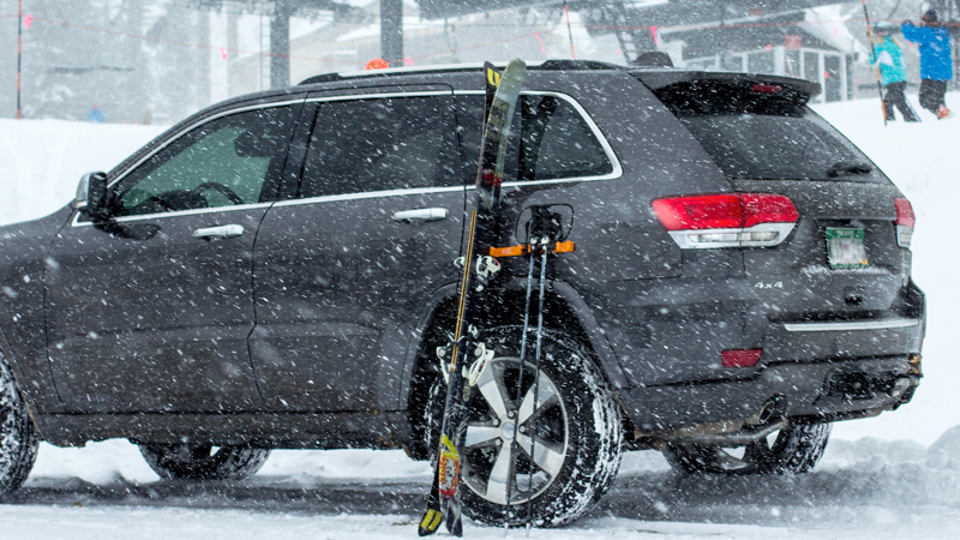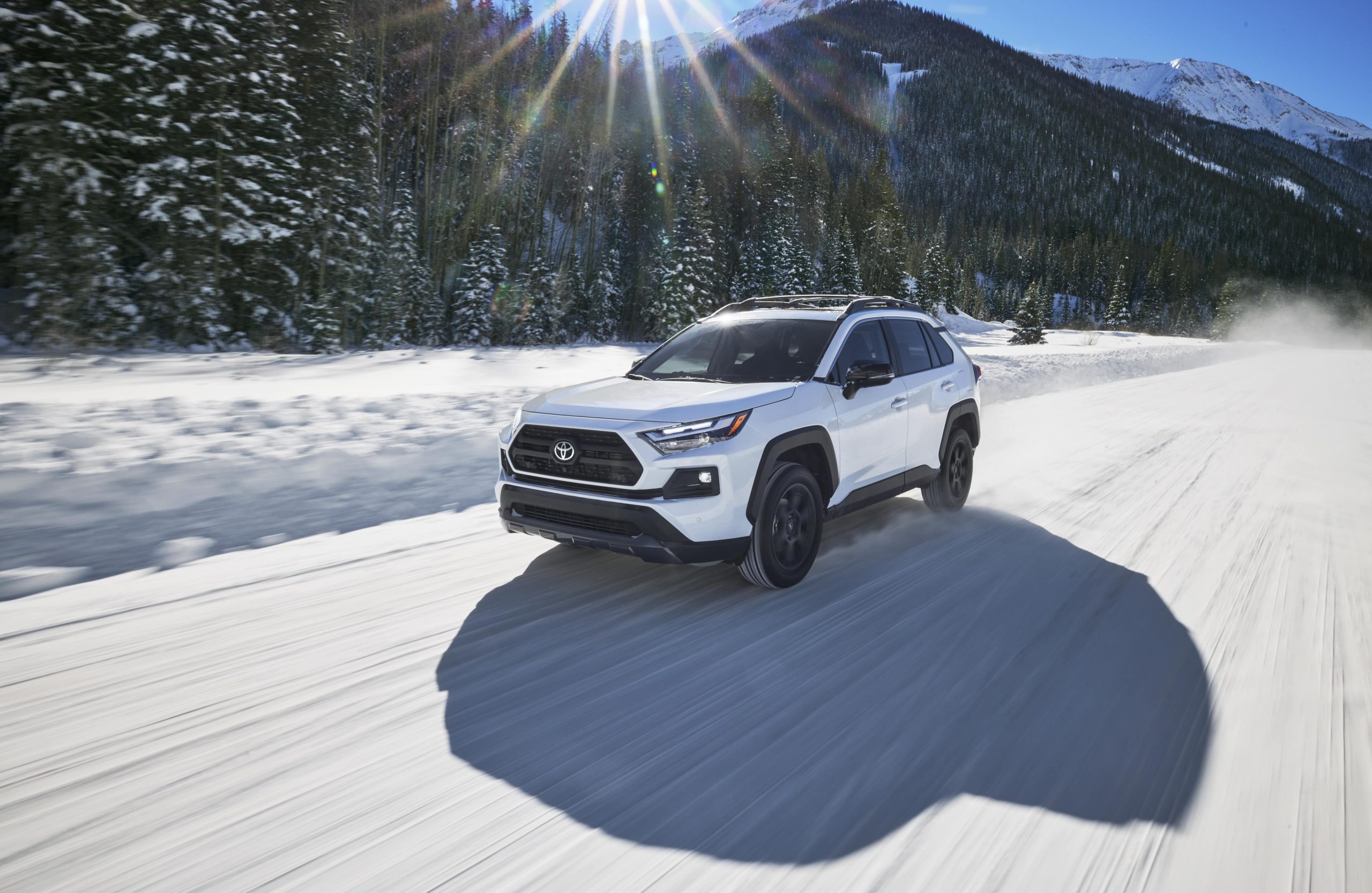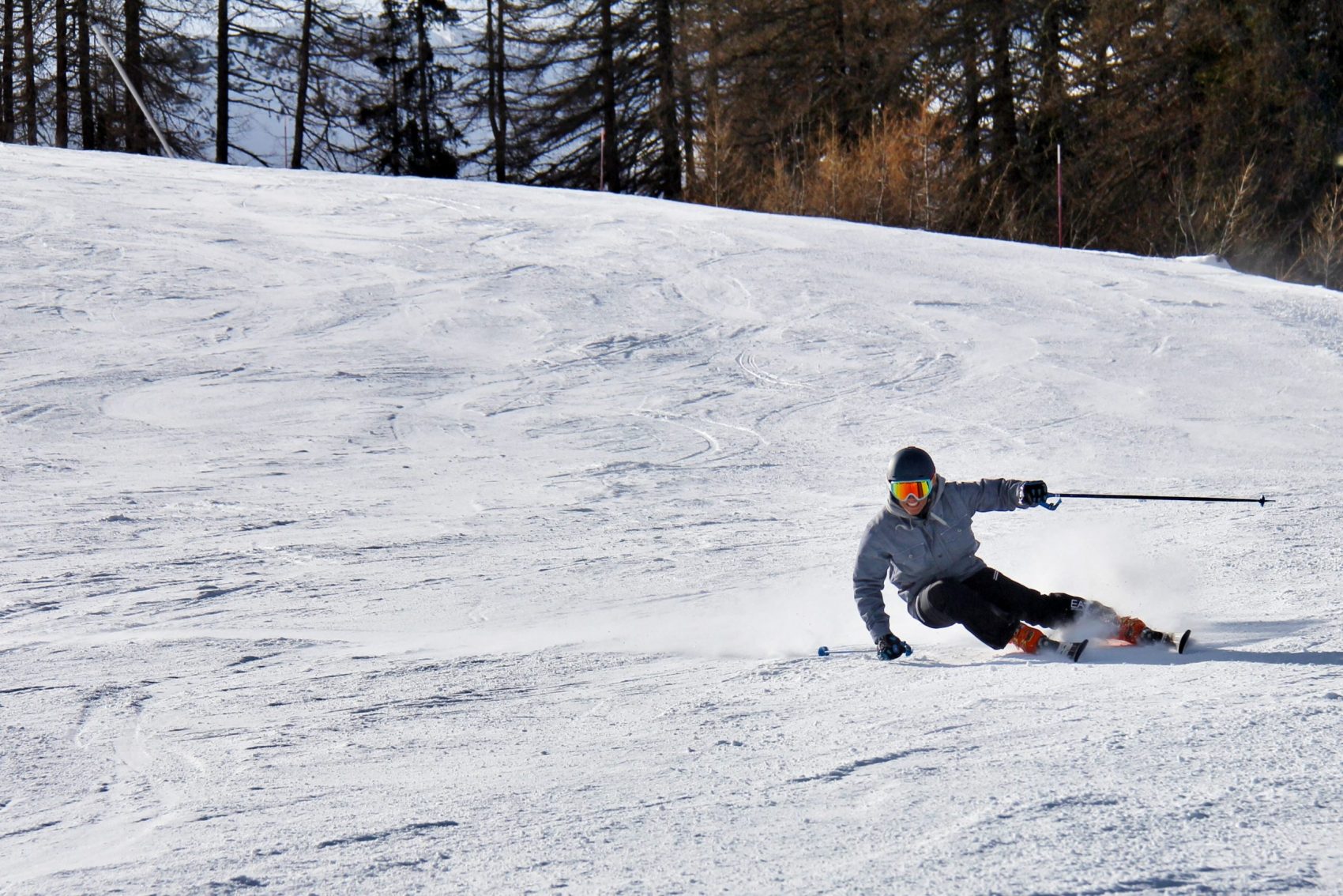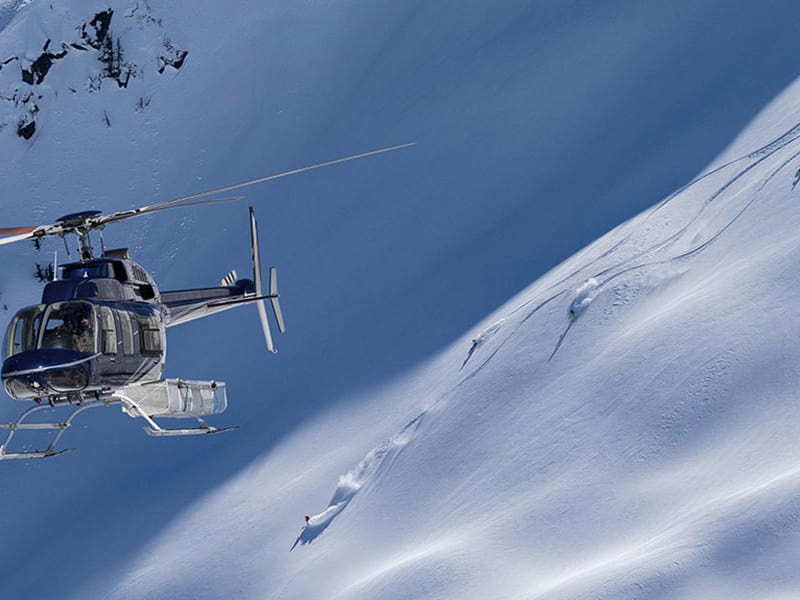
Looking at automobile sales over time, one thing becomes clear: SUVs are becoming increasingly popular. Currently, SUV sales are more than cars and trucks combined, and in 2022, accounted for 46.6% of new car registrations in the US. Although sedans still have their place, Ford, Dodge, and Chrysler no longer offer mid-size four-door sedans. If you take notice of all the cars on the road on your next trip out, most likely, over half are SUVs.
Long ago, sedans and wagons ruled the market, but those days are long gone. We can speculate on the reason why. SUVs are rugged, can go anywhere, and have do-anything capacity. Plus, bigger is better, right?
What does this have to do with skis?
As you might have guessed, the trend of bigger cars seems to translate to skiers purchasing wider skis. At least, that was the topic of a recent Ski Talk article. The author believes that the trend is all about image. Like many don’t need all the space and capabilities that an SUV can provide, many skiers don’t need the average extra width of the skis they purchase.

If you look around at skis in the lift line, most are over 90mm underfoot. Just like people will buy a large SUV just in case they need to go off-road (which they never do), haul a bunch of stuff on a rare occasion, or tow 8,000 pounds, skiers are buying skis for conditions that they hope to ski, not what they typically ski. It gets even more ridiculous when you see someone on fully rockered 110+mm skis on a hard-pack day. If you’re only going to own one pair of skis, that is not the one to own. Is this the equivalent of grandparents buying a Ford Explorer for the few times a year the grandkids visit?
The author believes that the ski market’s 80-90mm underfoot segment is the most important in the industry but also the most neglected. Certainly, it depends on where, what, and how you ski that will determine the most appropriate ski for you, but is it possible that many of us have fallen for the wider-is-better trend, just like many feel they need a bigger car? A popular segment of the ski market is skis that are 98-105mm underfoot and considered “all-mountain.” It’s not a stretch to think that maybe this is because small and mid-size SUVs are so popular.

Should we be buying narrower skis?
That question can only be answered by the individual. Some skiers will demand a wider ski due to their style, preference, and location. This might be the equivalent of some people needing a big SUV for their large family, and they utilize all its capabilities to the maximum extent possible. Maybe you need a quiver of skis to match the snow conditions, just like many households have multiple cars for family or commuting.
Perhaps the most compelling argument for narrower skis is there is evidence that wider skis could be bad for your knees. Skiers on wide skis tend to ski in a more extended stance. This reduces their ability to use their muscles to stabilize their knee joints. Wide skis also create a mismatch in the rotation of the femur and the tibia. Ultimately, this leads to a knock-kneed position, stress on the knee joint, and the surrounding muscles’ reduced ability to stabilize the knee due to a more upright stance.
For resort skiers, even on powder days, the soft snow only lasts so long. Once the goods have been pillaged, you are back skiing the harder, chopped snow. This is another issue that favors narrower skis. The same could be said for backcountry skis as well.
The takeaway is that the next time you are looking for a pair of skis, research and try to find the best match for you. The ski being marketed to you may not be the most appropriate. Sedans are lighter, more maneuverable, have a smoother ride, and are generally more practical. Maybe a narrower ski can offer parallel benefits.

One thought on “Is the Automotive Industry Influencing What Skis You Buy?”